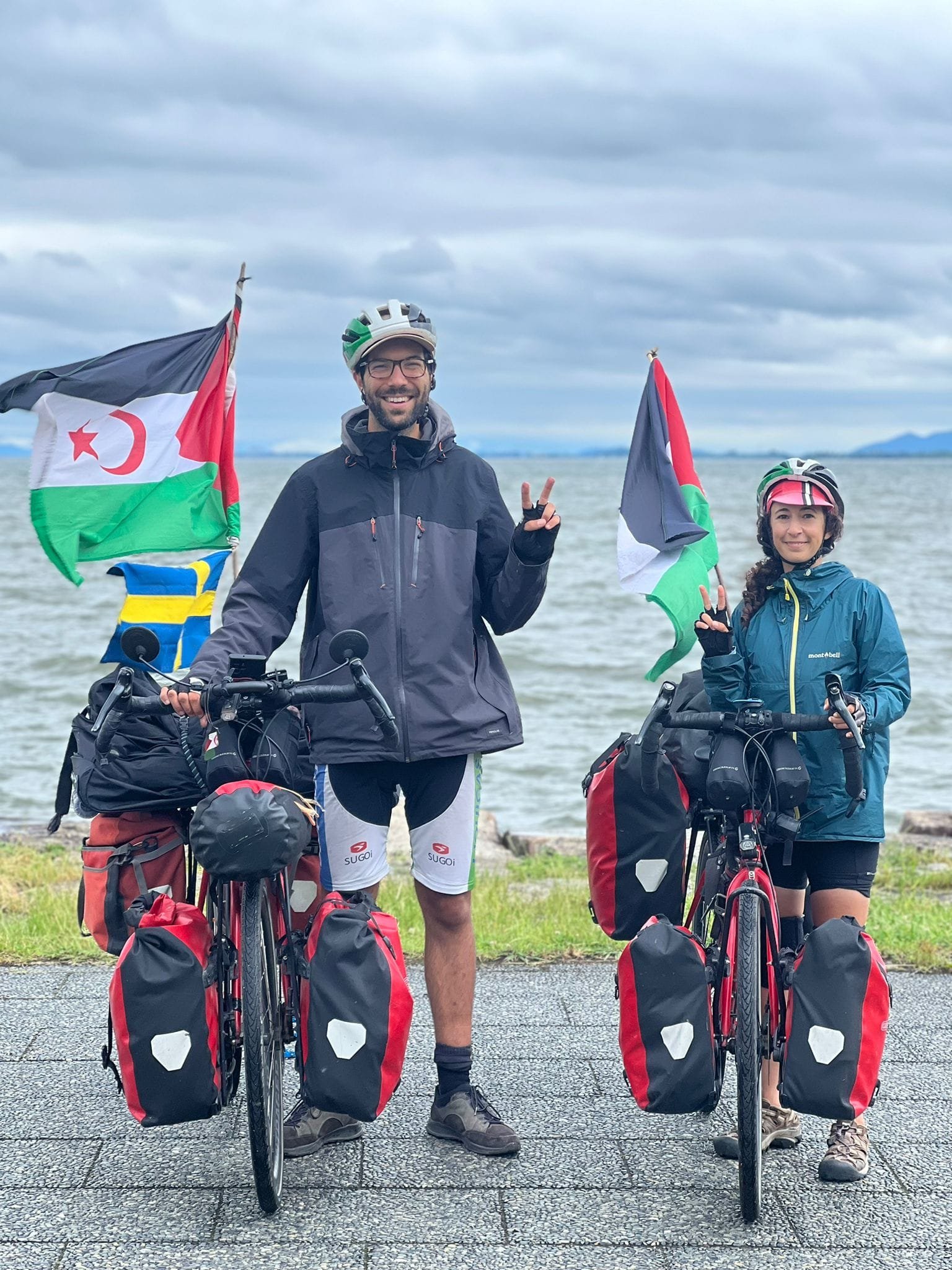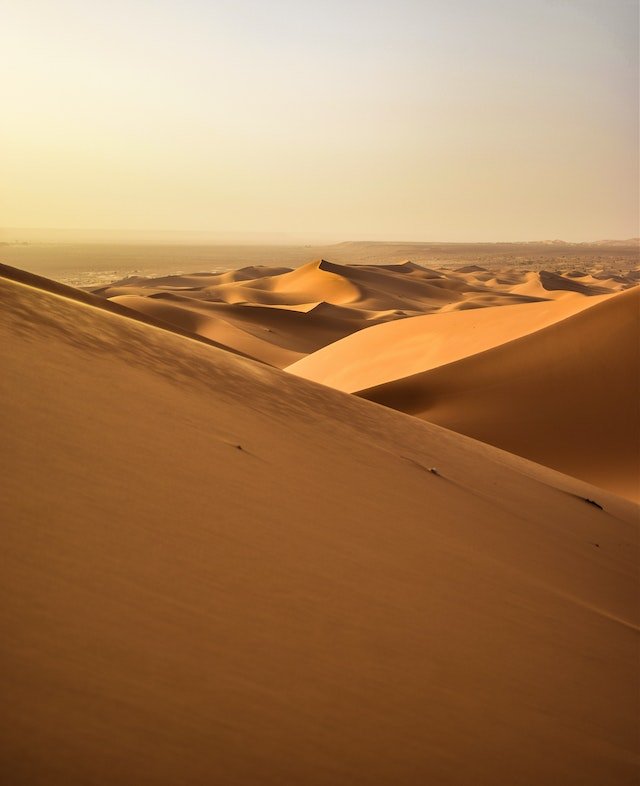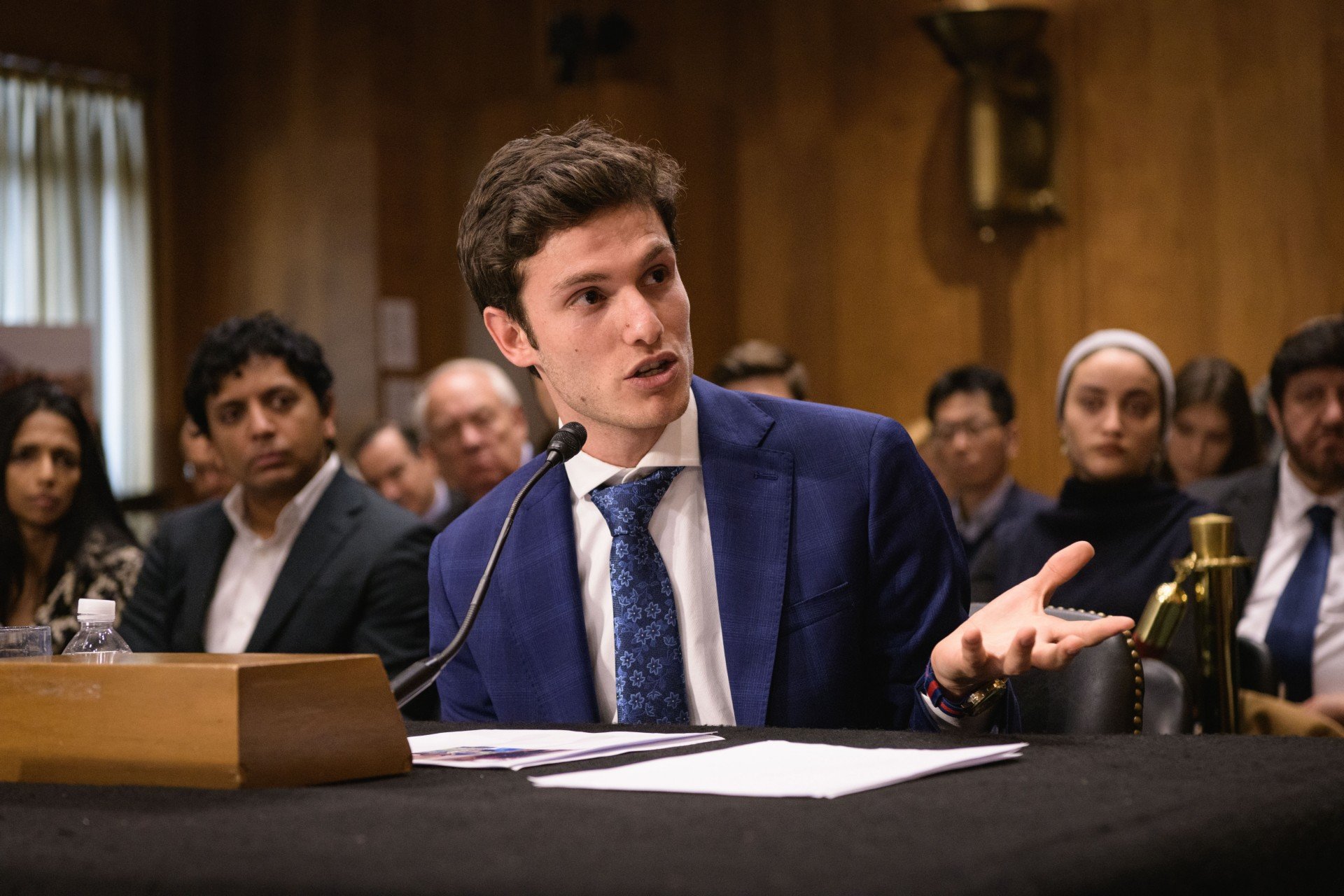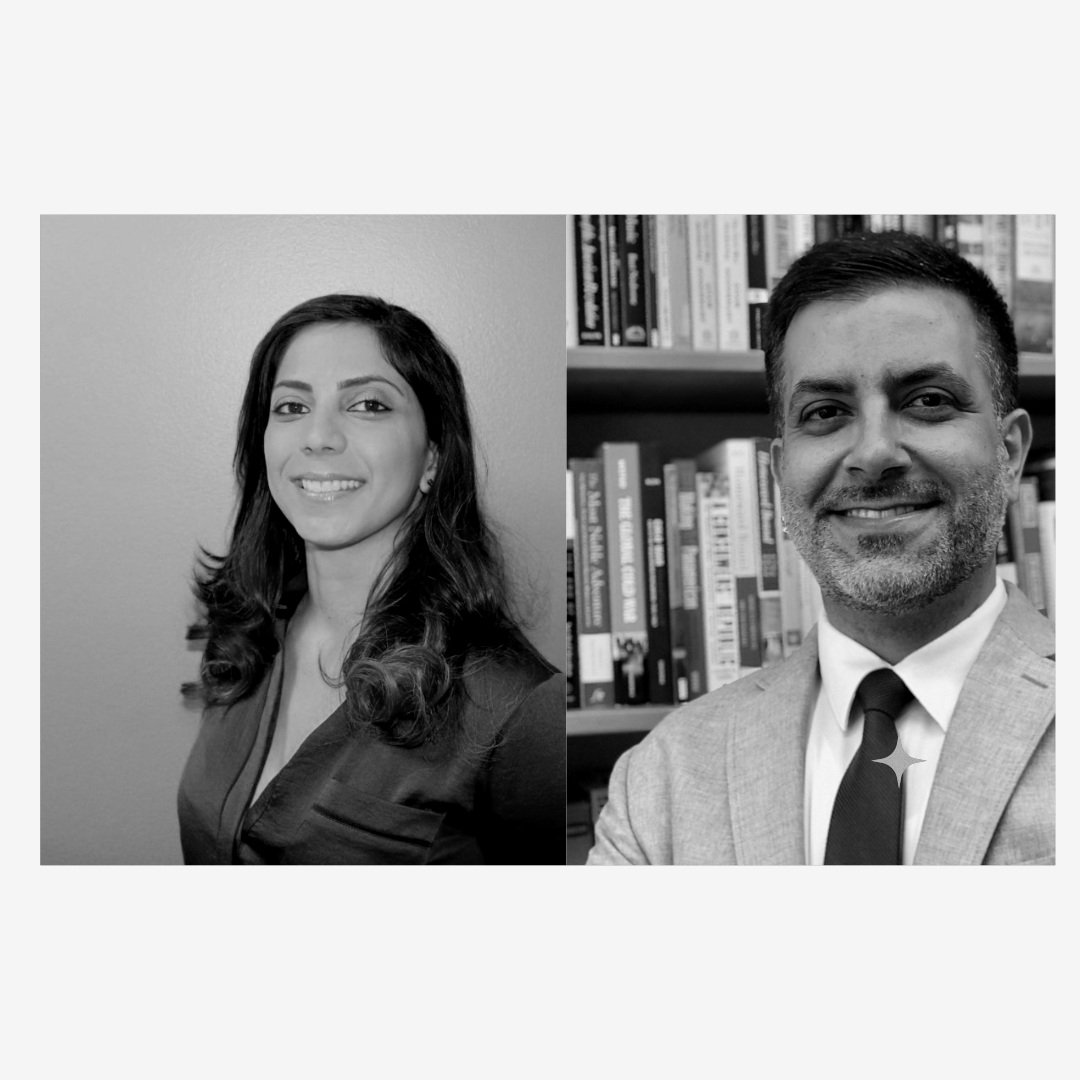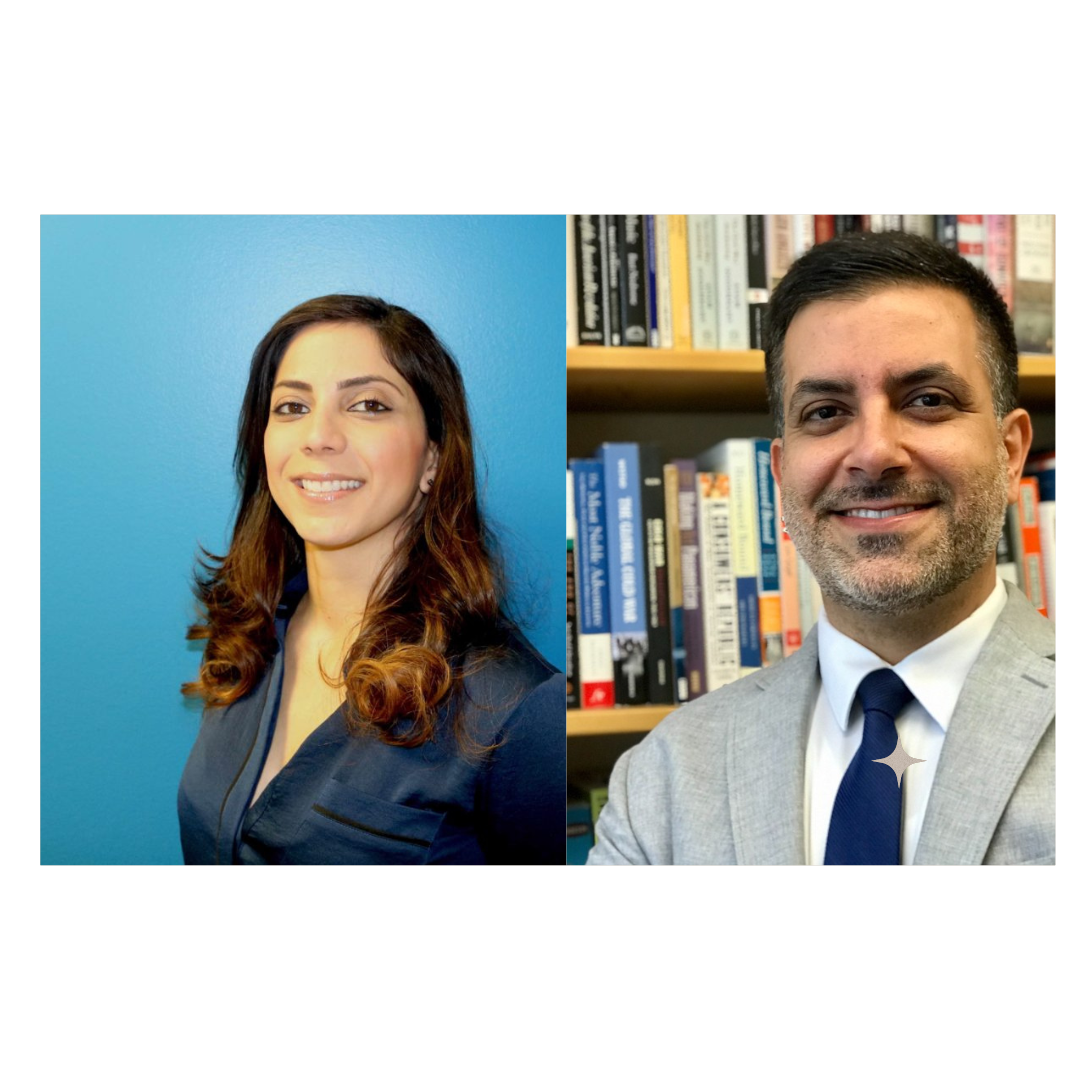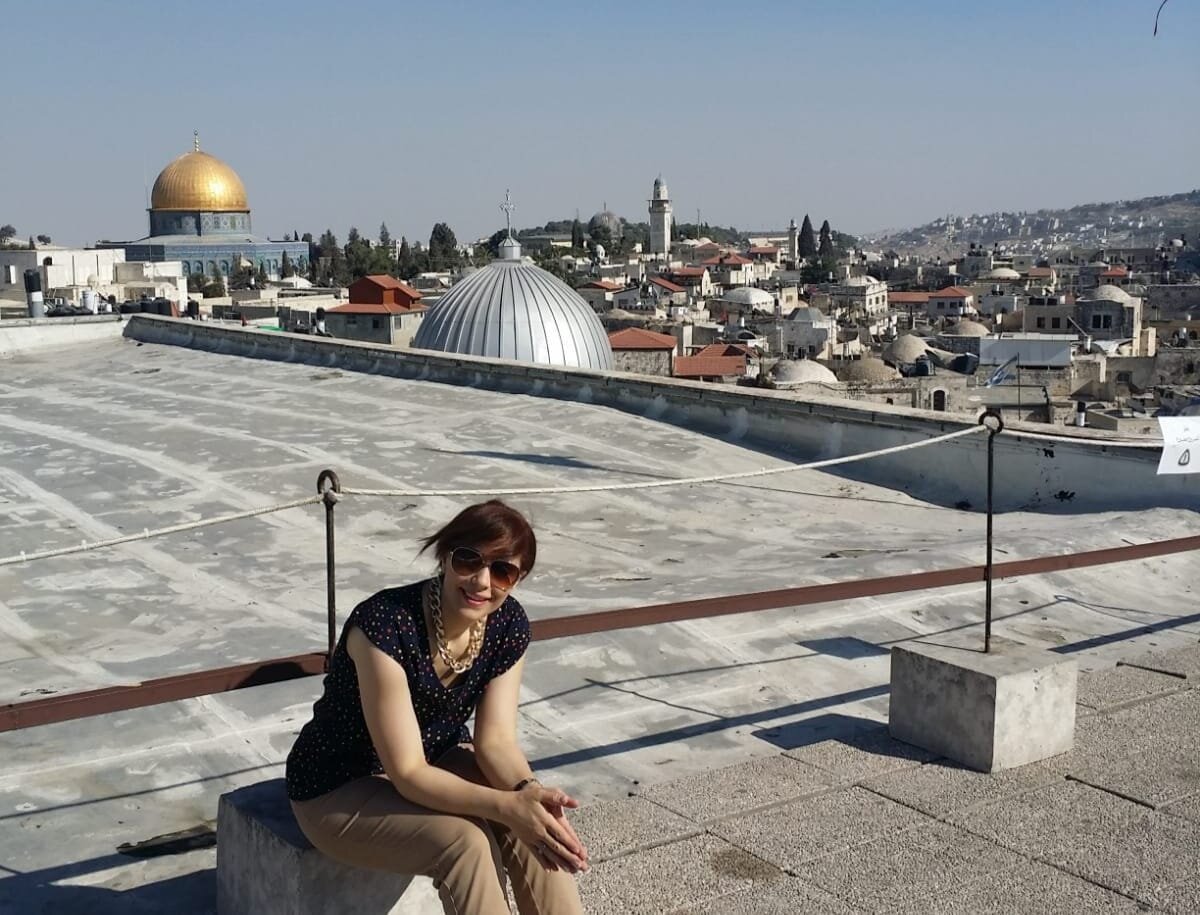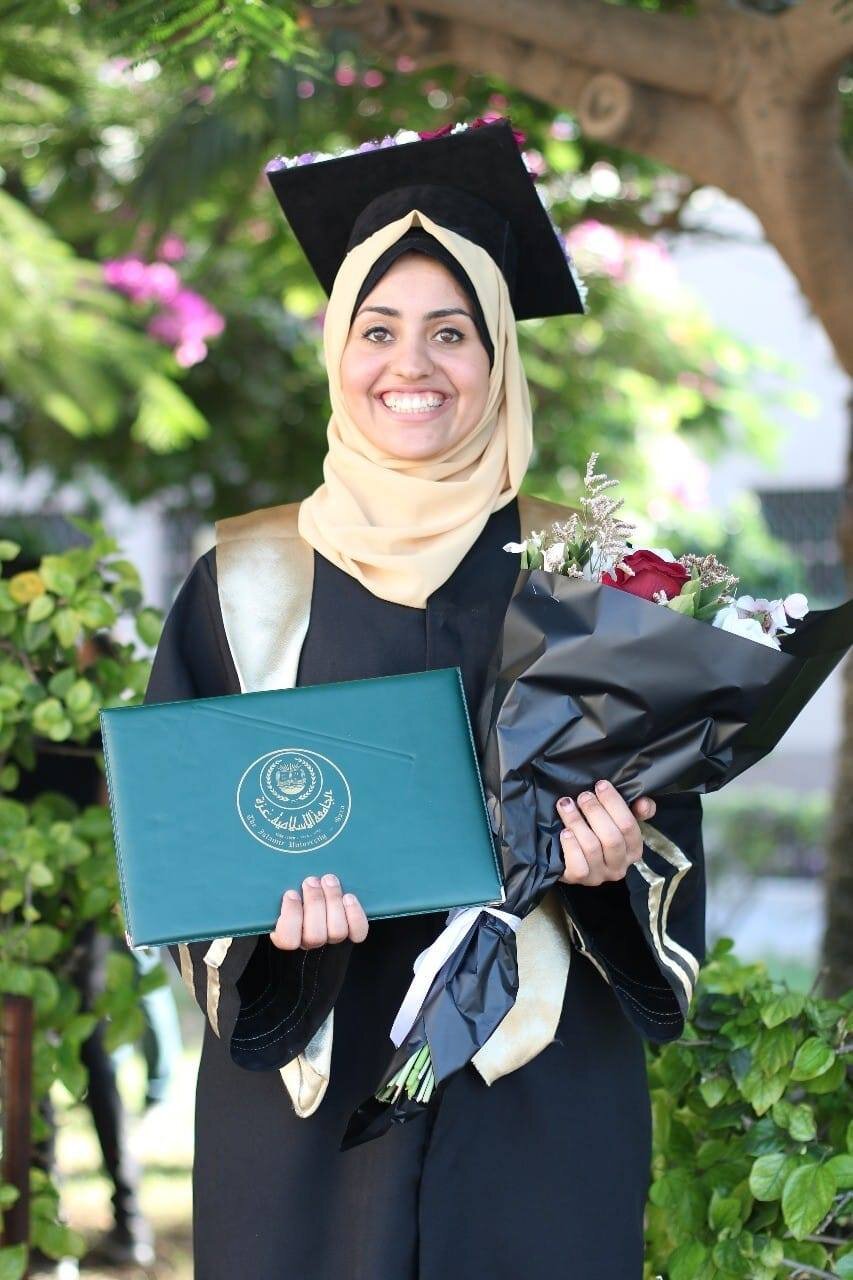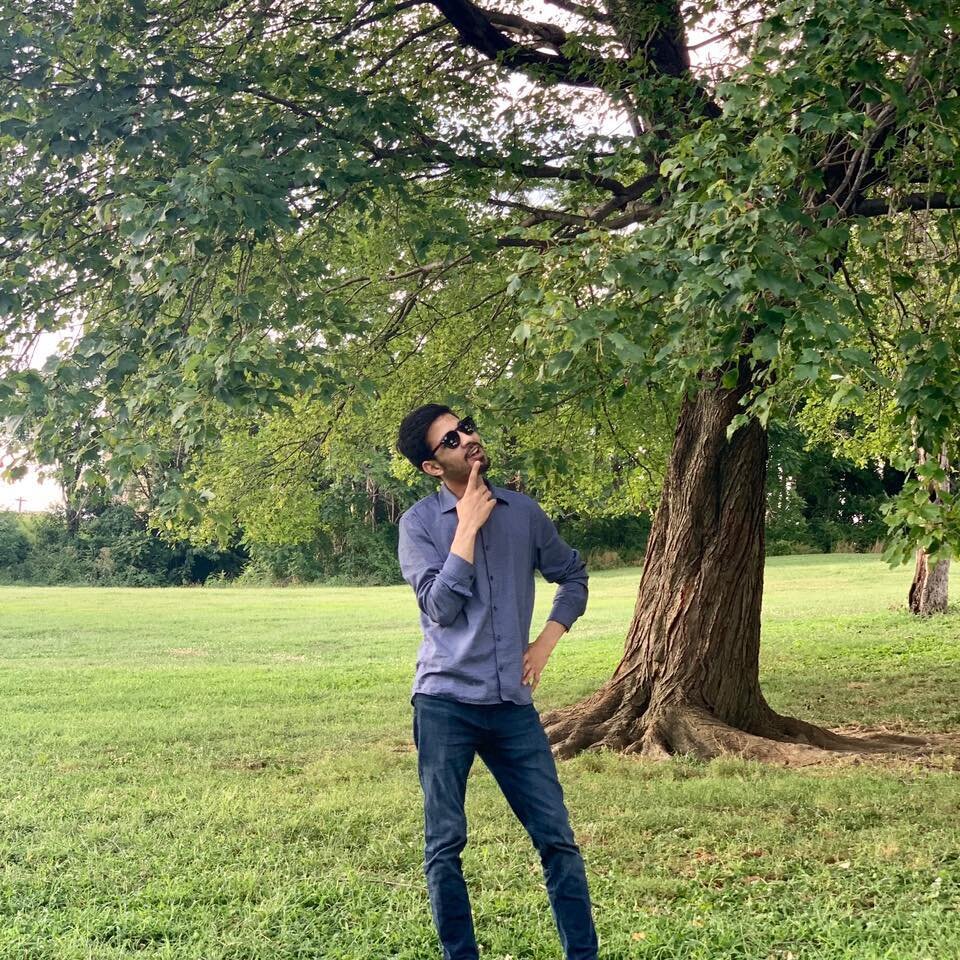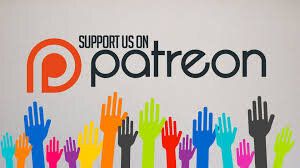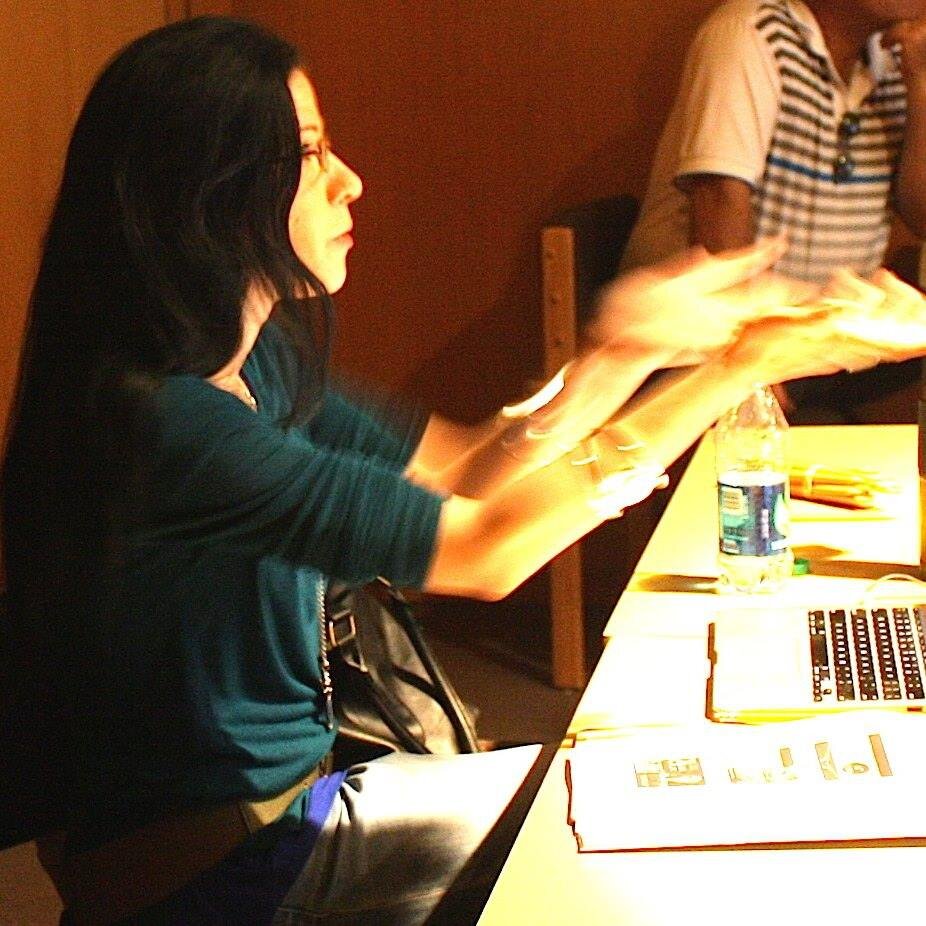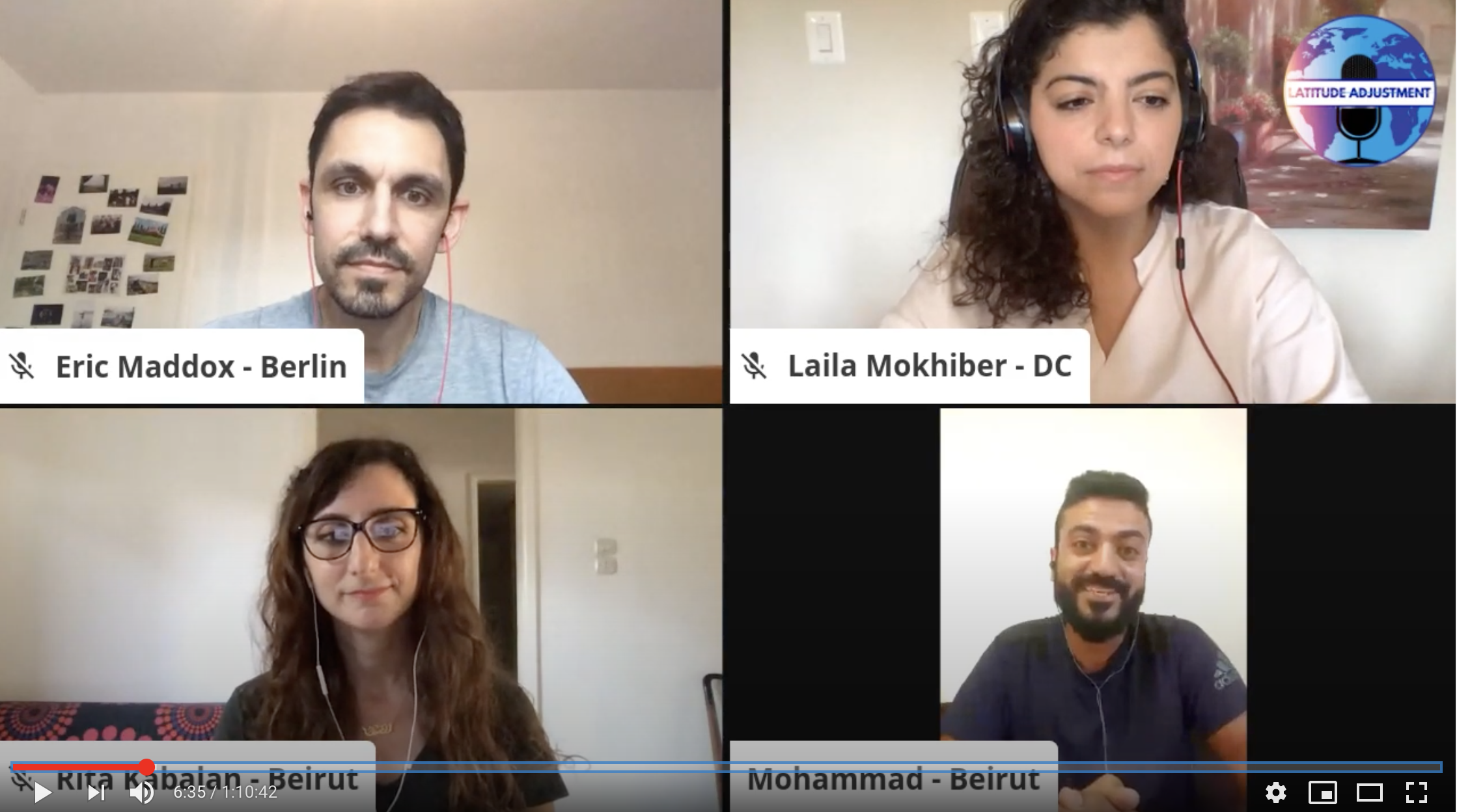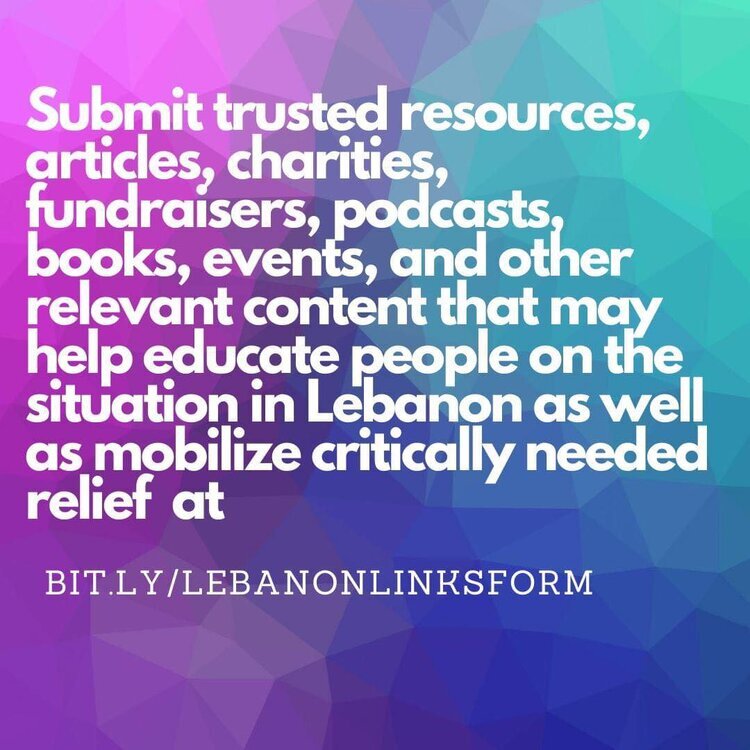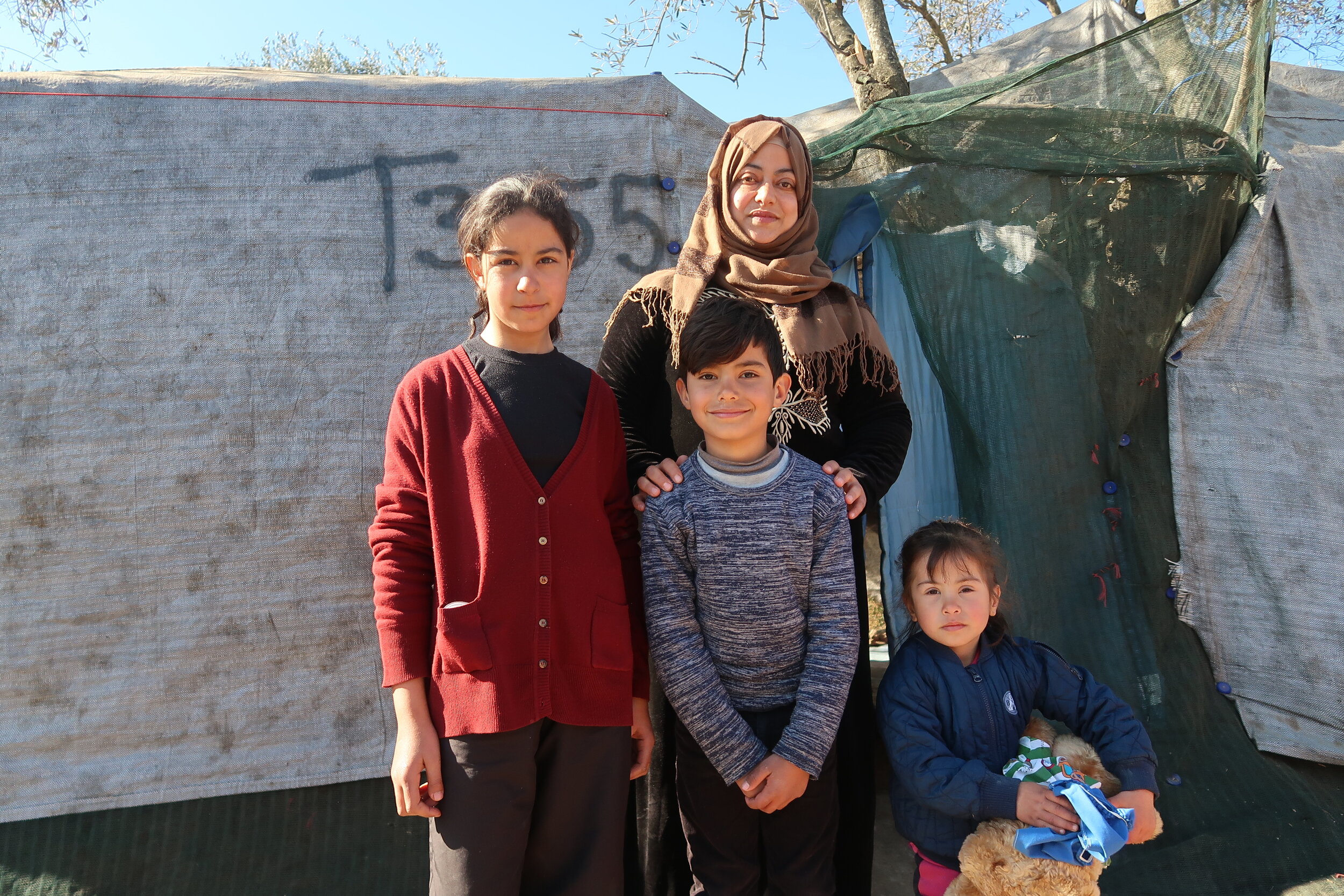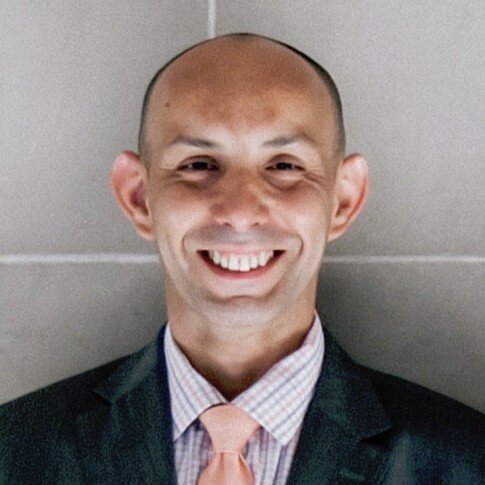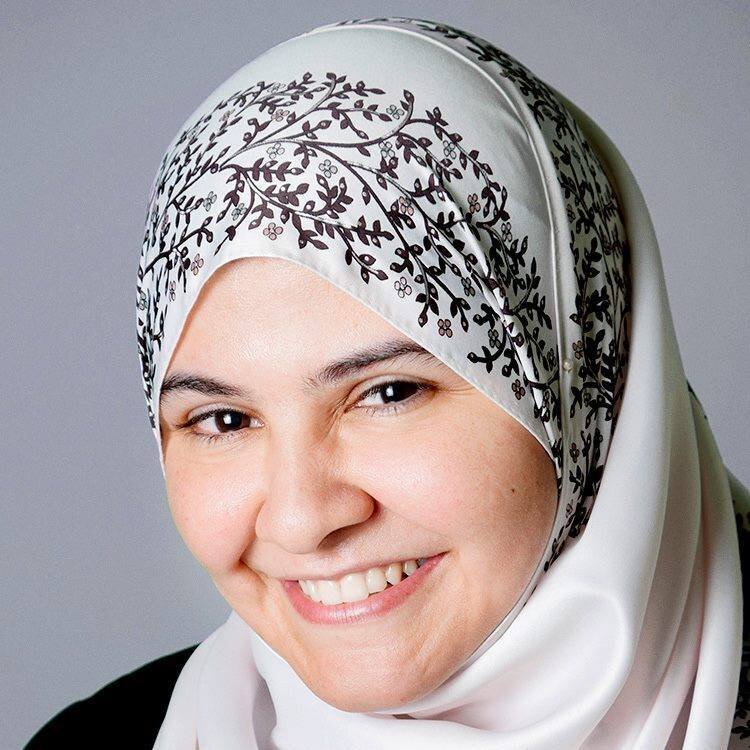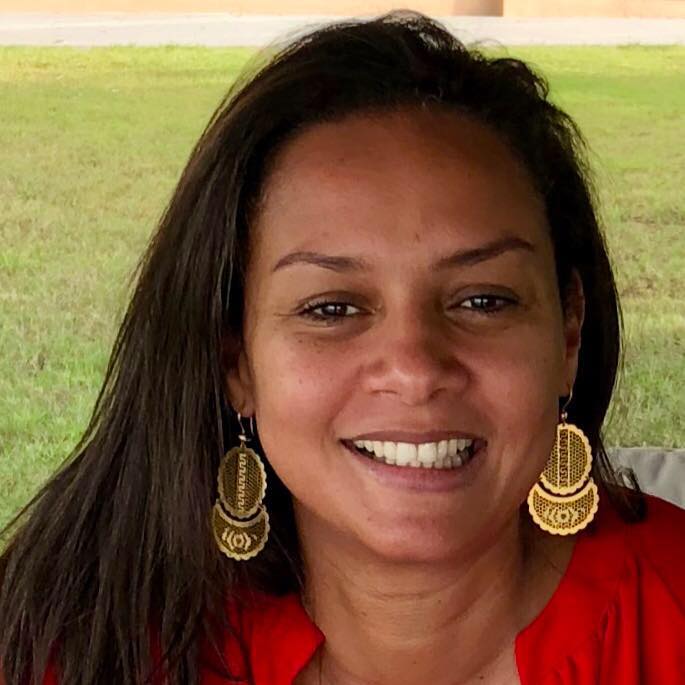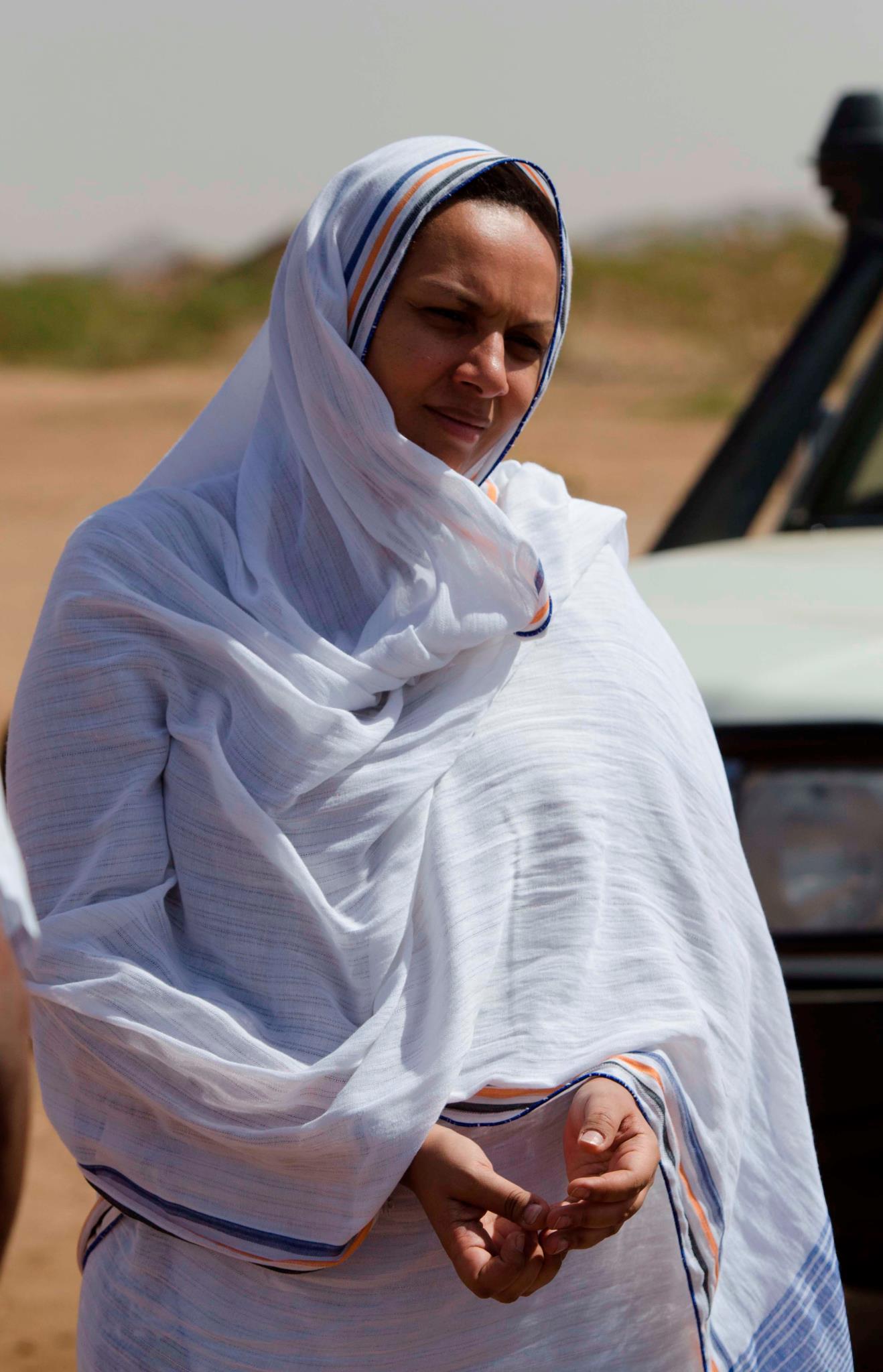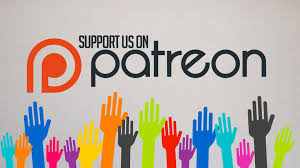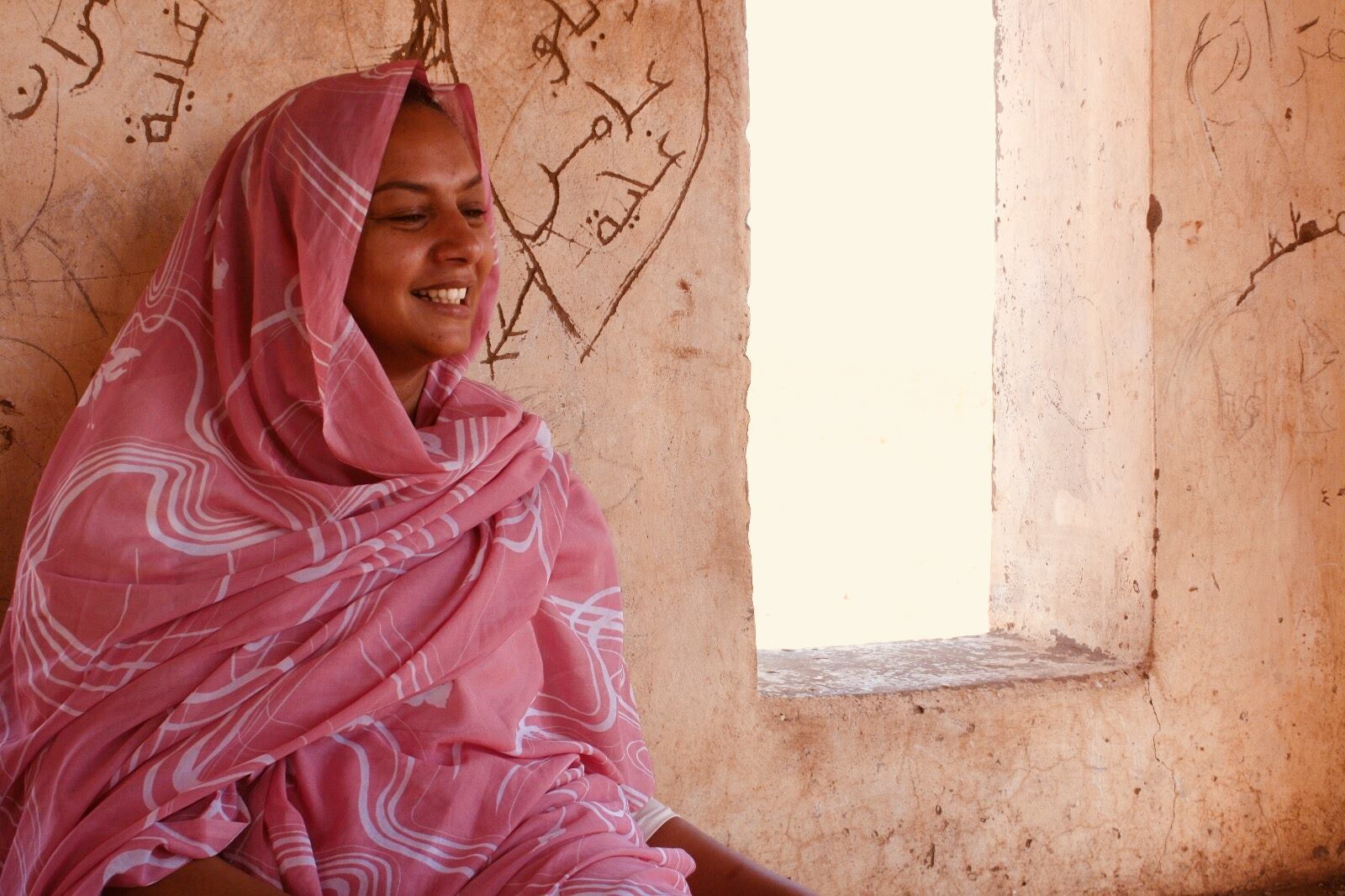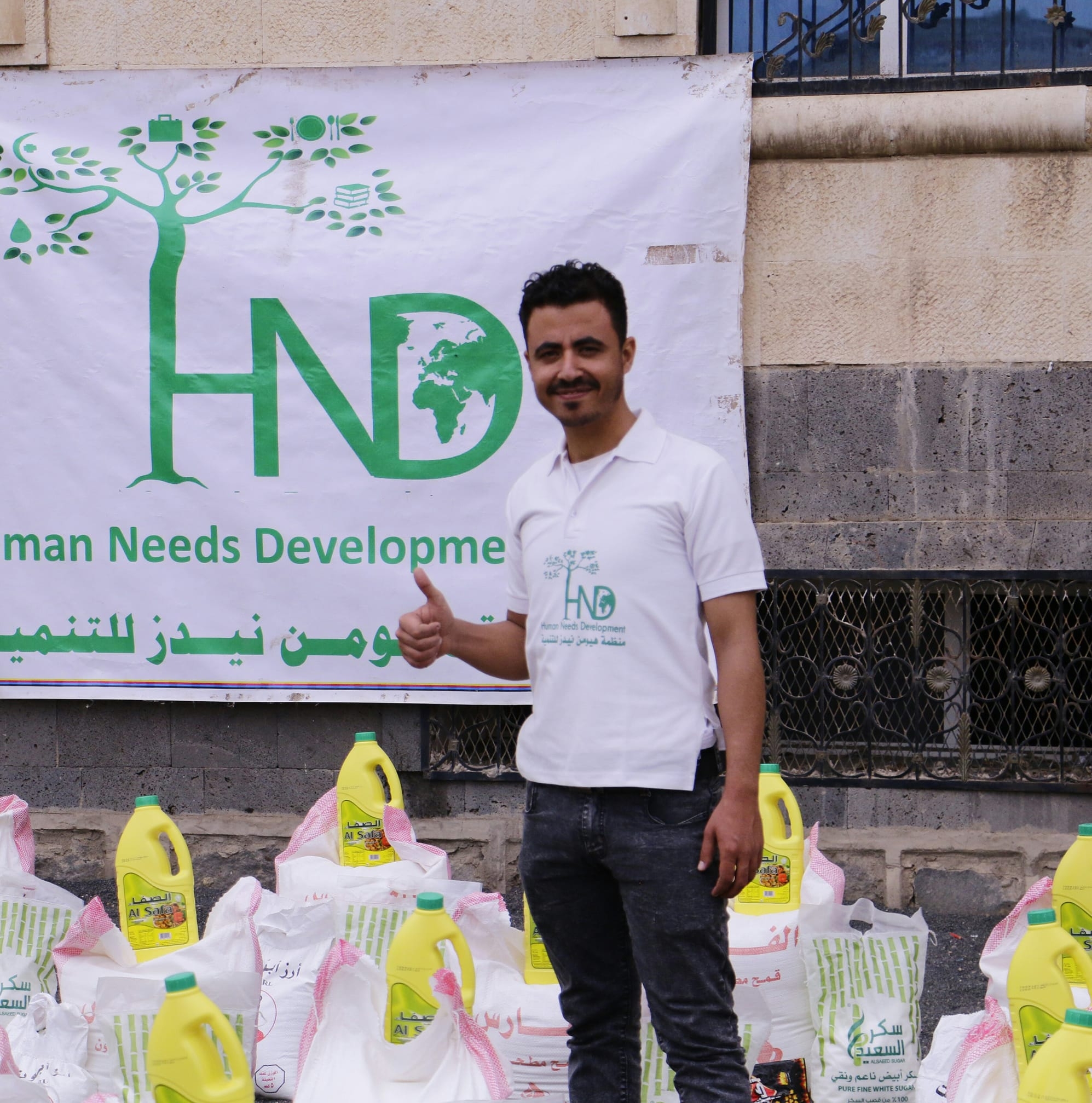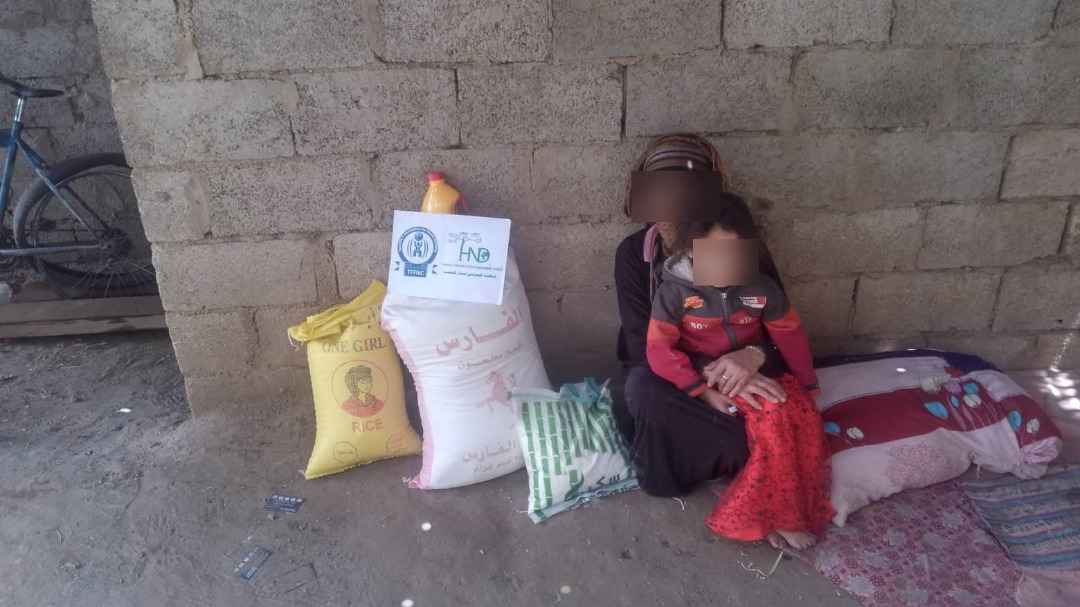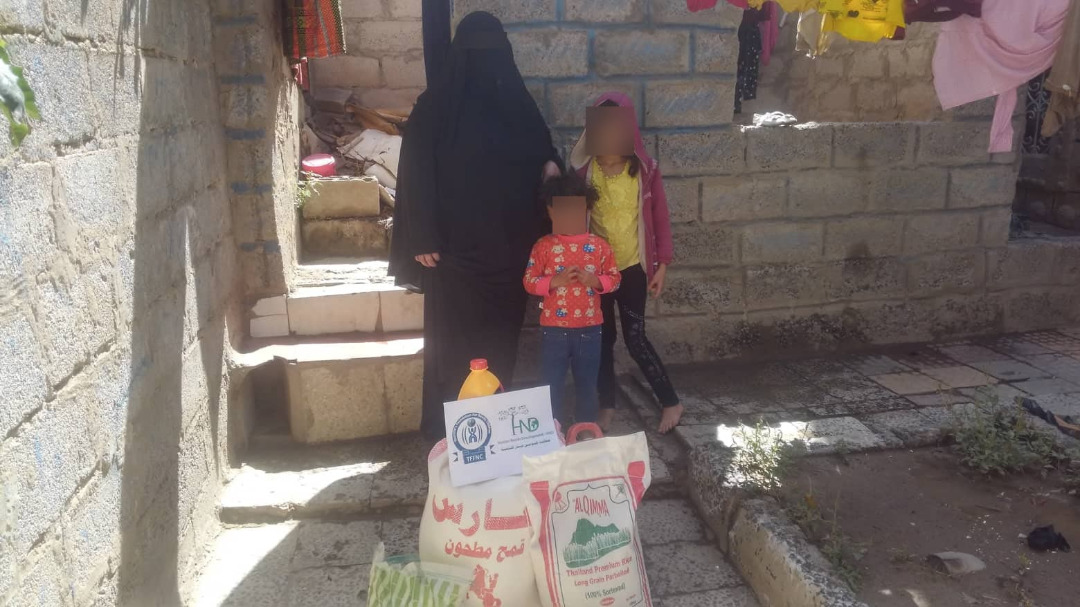In 1975 Spain formally ended its colonization of "Spanish Sahara", but instead of ceding control to the indigenous Sahrawi population Spain instead handed the keys to its former colony to the Moroccan regime. For nearly 50 years the Sahrawi people of illegally occupied Western Sahara have been subjected to a brutal regime of settler colonialism, ethnic cleansing, resource-theft, and the violent suppression of all dissent including the systematic use of rape and torture by the Moroccan authorities.
Meanwhile, more than 170,000 Sahrawi refugees have been left to languish in refugee camps in the harsh desert of Western Algeria, separated from Western Sahara by the second longest wall in the world, with 75% of their food aid having been cut in the past year by the World Food Program. All of this while the world largely turns away, content to purchase cheap phosphates and fish that have been pillaged from Sahrawi territory by Morocco. Using its veto in the UN, France has rendered MINURSO effectively useless, making it the only UN peacekeeping force in the world without a mandate to report on human rights. More recently the US, Spain, and Israel have chosen to break with decades of international consensus and to legitimize Morocco's illegal occupation.
For a quick speed-history lesson of the Sahrawi struggle, be sure to listen to the short podcast that immediately precedes this episode: "Africa's Last Colony".
Also be sure to check out our plans to complete a series of field reports and documentary projects from the Sahrawi Camps in Western Algeria at: Last African Colony
Swedish activists Sanna Ghotbi and Benjamin Ladraa combine to make Solidarity Rising, an organization that aims to create deeper and more prolific connections between occupied peoples and solidarity movements around the world. Having left Sweden on their bicycles on May 15th, 2022, Bike4WesternSahara is their current initiative to break the media blockade on Western Sahara. Stopping to work with communities along the way, they aim to educate the public about the oppression of the Sahrawi people and to mobilize public opinion in support of justice for the Sahrawi people and an end to the Moroccan occupation. Support them on their Patreon page and follow them on Facebook!
SPECIAL : Africa's Last Colony - Understanding Western Sahara
Where is Western Sahara? What is Western Sahara? Is it a country? Who lives there? If you find yourself unable to answer any of these questions, or if you want a resource that will help you to quickly explain the history and the current political realities around Africa's last colony to your friends and to your community, this short episode was created for you.
Latitude Adjustment Podcast is also working on plans to complete a multimedia documentary series, working on the ground with Sahrawi refugees in Western Algeria, and in collaboration two former guests of the show. You can find more information on that developing project on our website, at LastAfricanColony.com
Be sure to check the episode following this one for our interview with Solidarity Rising, a Swedish couple currently riding their bicycles around the world to raise awareness about the independence struggle of the Sahrawi people.
108: Surviving Syria's "Human Slaughterhouse" - Assad's Sednaya Prison
Omar Alshogre is currently 28 years old. He was first arrested at 15 for attending a protest against the Al Assad regime, and was arrested a total of 11 times between 2011 and 2013. His last arrest, in 2012, along with the arrests of two of his cousins, led to his incarceration in the Branch 215 military intelligence detention center for 21 months, where he experienced torture on a daily basis. In 2014 he was transferred to Sednaya prison, where he experienced even more brutal forms of torture, and where prisoners were subjected to summary execution for talking without permission. During his period of incarceration, Omar was also forced to remove the bodies of prisoners and to mark their foreheads for identification.
Many of the systematic abuses of Syria’s Al Assad regime have been visually documented in the 2014 Syria Detainee Report, or the Caesar Report. Caesar is the alias for a photographer with the Syrian Military police who worked in secret with a Syrian opposition group to leak graphic images of the torture, starvation, and murder of prisoners at the hands of the al Assad regime. The report documents "the systematic killing of more than 11,000 detainees by the Syrian government in one region during the Syrian Civil War over a two and half year period from March 2011 to August 2013". Human Rights Watch spent six months investigating the authenticity of the photographic evidence and concluded that it was genuine. Signed into law by President Trump in 2019, the Caesar Act, or Caesar Syria Civilian Protection Act, is a set of sanctions against the Al Assad regime for war crimes against the Syrian civilian population.
After suspending Syria from the Arab League for 12 years, last month the Arab League voted unanimously to readmit Syria’s Al Assad regime.
Omar Alshogre is a public speaker and human rights advocate, who endured three years of unjust imprisonment and torture in Syria before being smuggled out and brought to safety. Currently, he serves as the Director of Detainees Affairs for the Syrian Emergency Task Force and the spokesperson for Atrocities Tracker, dedicating himself to the critical cause of advocating for the release of those unjustly detained. Omar has spoken before the US Senate's Foreign Relations Committee, and presented his insights at several world-renowned universities, organizations, and news outlets including Harvard, Georgetown, CNN, and Aljazeera.
Episode 27: Assil Alnaser - Protestor. Prisoner. Student. Syrian Woman
104: Iran-Saudi Detente & Iran Protests
On September 13th of last year 22-year-old Mahsa Amini was visiting Tehran with her family, having traveled from Irans’ Kurdish region. While in Tehran she was stopped by Iran’s morality police for improperly wearing her hijab, or head covering. Three days after her arrest she was dead. In the days, weeks, and months following her death Iran has seen nationwide protests, and while protests are not a particularly new thing in Iran, what’s unprecedented about these protests are the calls not simply for reforms but for the toppling of Iran’s theocratic regime, a regime that has been in power since the Iranian Revolution of 1979. Today’s episode provides an update on the protests.
Last month also saw another seismic event in Iranian, and Middle East politics. After decades of saber rattling, proxy wars, and general hostility, China helped to negotiate the reestablishment of diplomatic ties between The Kingdom of Saudi Arabia and the Islamic Republic of Iran. What this means for the two regional super powers, for those within their spheres of influence, and for geopolitics will be the focus of the second half of our show.
Dr. Assal Rad received her PhD in Middle Eastern History from the University of California, Irvine in 2018. Her PhD research focused on Modern Iran, with an emphasis on national identity formation, and identity in post-revolutionary Iran. She’s also author of ““The State of Resistance: Politics, Culture, and Identity in Modern Iran”.
Dr. Pouya Alimagham is a historian of the modern Middle East at Massachusetts Institute of Technology. His areas of expertise range from revolutionary movements, Political Islam and post-Islamism, terrorism, US foreign policy, and contemporary politics. He’s also the author of “Contesting the Iranian Revolution: The Green Uprisings" (Cambridge University Press).
99: The Iran Protests in Context
On September 13th, 22-year-old Mahsa Amini was visiting Tehran with her family, having traveled from Irans’ Kurdish region. While in Tehran she was stopped by Iran’s morality police for improperly wearing her hijab, or head covering. Three days after her arrest she was dead. In the days and weeks following her death Iran has seen nationwide protests, and while protests are not a particularly new thing in Iran, what’s unprecedented about these protests are the calls not simply for reforms but for the toppling of Iran’s theocratic regime, a regime that has been in power since the Iranian Revolution of 1979.
Assal Rad is a historian and research director at the National Iranian American Council. She’s also author of “The State of Resistance: Politics, Culture, and Identity in Modern Iran".
Pouya Alimagham is a professor of History at the Massachusetts Institute of Technology, and author of, “Contesting the Iranian Revolution: The Green Uprisings.”
You can also find this podcast on Apple Podcasts, Spotify, and wherever you download podcasts on your Android device. Be sure to subscribe to Latitude Adjustment!
82: Palestinian Voices - East Jerusalem: Colonialism & Apartheid
For this second of two episodes about current events in Palestine we will be focusing specifically on the situation in East Jerusalem, and in the east Jerusalem neighborhood of Sheikh Jarrah. East Jerusalem, which contains the old city, has been illegally occupied by Israel since the Israeli military captured it, along with the rest of the West Bank, Gaza, and the Golan Heights, in the “Six Day War” of 1967.
Since that time its Palestinian residents have been the targets of ongoing harassment, violence, and forced displacement by illegal Jewish settlers. The most recent instance of this ethnic cleansing campaign targeted residents of east Jerusalem's Sheikh Jarrah neighborhood. When Palestinians attempted to protest and resist, a brutal crackdown was waged by the Israeli authorities, a crackdown that is now reverberating across the West Bank, inside Israel, and in the form of yet another horrific Israeli bombing campaign on Gaza.
We hope that what you hear in this show inspires you to share it and to take action.
Join the Boycott, Divestment, and Sanctions movement, and follow the Five things you can do to support Palestinian human rights, right now.
Recommended Resources:
81: Palestinian Voices: Gaza - Resilience & Mental Health
This episode is the first of a two part series we are doing on Palestine. This episode focuses on voices from Gaza, while the next episode highlights voices from east Jerusalem. You don’t need to listen to them in any particular order, but we strongly recommend that you listen to both in their entirety.
You will hear a lot today about the psychological toll that repeated wars, devastation, poverty, deprivation, and abandonment by the international community have had on the 2 million residents of one of the most densely populated stretches of land on earth.
We hope that what you hear inspires you to share this show with others and to take action.
Both of our guests also write for “We Are Not Numbers”.
Be sure to read this essay by guest Haneen AbdAlnabi about her experiences as a child in Gaza.
And read this piece by guest Anas Jnena about the past week of attacks on Gaza.
Join the Boycott, Divestment, and Sanctions movement, and follow the Five things you can do to support Palestinian human rights, right now.
Recommended resources:
70: The Terrorism Discourse
For all of the movies, books, and policy debates on the topic, and given that the largest, most expensive, and longest hot war in US history is being waged in its name, why isn’t there a coherent and consistent definition for Terrorism? Get ready to rethink everything you think you know about this word and its application.
Our guest is visual anthropologist Amanda Rogers PhD, a specialist in analyzing the propaganda of Islamic State.
Host’s closing remarks at 1:16:14
67: Live! On the Ground in Beirut
This episode is the audio version of a live video broadcast that aired on Friday, August 7th, featuring guests on the ground in Beirut, Lebanon. Our guests are Mohammad Hamoud, a Lebanese activist and humanitarian relief worker, and Rita Kabalan, a Lebanese-American photojournalist based in Beirut.
On Tuesday, August 4th, a massive explosion rocked Beirut's port when tons of improperly stored ammonium-nitrate was ignited by a fire in a storage facility. Now, more than a week on from the explosion the death toll already numbers more than 200, with approximately 6,000 injured and hundreds of thousands left homeless. This man-made disaster also came at a time of ongoing political and deep financial crisis in the tiny nation that is also home to the world's largest per-capita population of refugees.
Episode 66: Ralph Nader
Ralph Nader is a five-time candidate for US president and a public servant who has improved the lives of Americans and of many people around the world through his 6 decades of work as a consumer advocate and civil liberties defender.
We speak about the current status of civil rights protests, coronavirus, Palestine, corporate corruption, and about his new cookbook and the connection between our kitchens and the health of our communities. And we share a little about our own work on The Virtual Dinner Guest Project.
Listen
Learn more about Ralph Nader
Other books by Ralph Nader:
Other Media and Publications:
Support our work
Episode 65: On the Ground in Idlib, Syria
Since the war in Syria began in 2011 more than 12 million of its citizens (over half of its pre-war population) have been displaced. With global interest in the war having waned in recent years, remaining concerns about the Syrian people tend to focus on the relatively small number of refugees who have attempted to reach Europe. However nearly half of all displaced Syrians still reside in Syria, with the overwhelming number of refugees left languishing and forgotten in Lebanon, Jordan, and Turkey.
What’s more, Idlib in northern Syria, is one of the few parts of the country that has not been recaptured by the Assad regime, but nearly a decade of war has taken an extreme toll on its inhabitants, with Coronavirus, continued fighting, and economic collapse creating a perfect humanitarian storm that has left Idlib in its most desperate circumstances of the war, with millions facing immanent risk of starvation, exposure to the elements, and perhaps another mass movement of people from the region like the world has not seen since 2015.
Nour Qurmosh grew up in Idlib and continues to work there delivering aid to his fellow citizens. At 23 years old, Nour has spent the past 9 years living under Syria’s civil war. He gives us a rare glimpse into what nearly a decade of brutal violence has looked like to someone who has lived through all of it. His account is personal, frank, and possibly upsetting. It also speaks for itself.
Cited in this episode:
Mercy Corps Report
World Vision Report
The Guardian
WE'RE COLLECTING INTERVIEWS IN THE FIELD. LOOK FOR OUR UPCOMING SERIES.
And follow our journey on Instagram as we collaborate with Are You Syrious to highlight the stories of refugees and communities along the borders of the European Union…
Episode 56: The Protests - Algeria One Year Later
While it might seem like an obscure topic due to scant coverage in the Western press, a quick review of the facts makes it clear that we ignore Algeria at our peril. First of all, it’s Africa’s biggest country by land mass, and home to a population larger than Canada’s. It’s also home to Africa’s largest company, state owned oil giant Sonatrach, a major exporter of fuel to Western Europe. We dive deeper into the nuances and into the layered intrigues that define Algeria’s history, and what’s been happening since popular protests removed longtime ruler Abdelaziz Bouteflika from power almost exactly one year ago.
We speak with Mehdi Kaci, an Algerian American activist living in the San Francisco Bay Area. Mehdi recently returned to Algeria to see how things have unfolded since the ouster of Bouteflika.
Episode 52: The Protests - Lebanon
Since mid October Lebanon has seen some of its largest protests in years and, in a country where sectarianism has been institutionalized since the end of the 15-year civil war, it’s noteworthy that one of the key issues protestors are rallying against is sectarianism itself.
We talk to activist and development professional Jad Sakr in Beirut to get more context on the causes and aspirations for these protests, as well as the many challenges to be overcome.
This episode is the first in a series that Latitude Adjustment podcast will be putting out on current protests taking place around the world. Be sure to check out the other episodes in our ongoing series.
#LatitudeAdjustment_Protests
Episode 46: Gaza Sky Geeks & Women in Palestine
Dalia Shurrab is the Communication and Social Media Coordinator at Gaza Sky Geeks. We talk about the challenges of running the first tech hub in the Gaza Strip and the status of women's rights in Palestine.
Episode 36: Sudan- Massacre in Khartoum (Part 2 of 2)
This segment of our two-part interview with Dahlia Al Roubi was recorded on Tuesday, June 4th, the day after the current government crackdown began against protestors in Khartoum. As of this episode roughly 100 people have been killed by government forces, with reports that scores of bodies have been dumped into the Nile. As of June 6th, Sudan’s membership in the African Union has been revoked. Sudan’s military council has suspended talks with protestors and unilaterally called for elections to be held within 9 months.
The forces spearheading this apparent massacre appear to be the RSF or “Rapid Support Forces”, led by Mohamed "Hemeti" Hamdan Dagalo. The RSF are a re-branded iteration of the Janjaweed militias that were charged with carrying out the genocide in Sudan’s Darfur region. They’ve since been absorbed into the Sudanese military structure and given the stamp of governmental legitimacy, but they are essentially trained for one purpose and it appears that this purpose has now been turned on the protestors and the people of Khartoum. Incidentally the RSF forces are also being used as mercenaries by the Saudis in their war on Yemen.
Episode 35: Sudan: Women in Revolution (1 of 2)
For this first part of a two-part conversation, we talk to Sudanese activist Dahlia Al Roubi about what it was like growing up under the regime of recently deposed dictator Omar Al Bashir, how the current revolution swept Sudan, starting in December of last year, the challenges of weighing the purity of revolutionary principles against the practical constraints of time and competing interests, and about the role of women who took a leading role in the street protests but who now appear to be left out of the negotiations.
Dahlia and I recorded this first part of our interview on May 21st, before the current wave of violence was unleashed by the transitional military government on protestors and civilians in Khartoum. However we decided to include this conversation to claim some small space in the historical record, a space for what the Sudanese people were aspiring to as recently as Sunday evening. And we’re including it as a reminder that Syria also had this moment, and Egypt as well, and that while violence and a return to despotism might define the moment it’s important to ask ourselves where Western governments positioned themselves during the grassroots efforts to push these countries towards freedom.
Part two of our discussion provides a short update about the violence that has been unleashed by government forces in recent days, in particularly the RSF (Rapid Support Forces) formerly known as the Janjaweed.
Episode 32: On the Ground in Yemen
We hear very little about the war that is taking place in Yemen, now in its fifth year. And we hear even less about the war from Yemenis themselves, and still less from those who remain Yemen. This episode represents a small effort to address this disparity.
Adel Hashem is the director of Human Needs Development in Sana’a, an organization that is working on the ground to deliver food, medical, and education support to the Yemeni people.
Though the war in Syria, and other regional conflicts have managed to grab headlines in recent years, Yemen has remained conspicuously underreported despite the fact that it has seen the largest cholera outbreak in recorded history, starvation, thousands of civilian casualties, widespread food insecurity amongst the majority of its population, and despite the fact that all of these horrors are completely man-made.
This stems in large part from the fact that the majority of the carnage in Yemen has been unleashed by Saudi Arabia and its coalition of supporters in their fight against Yemen’s Houthi rebels. Saudi Arabia is a US ally and it’s brutal air campaign (and less reported mercenary-supported ground campaign) have enjoyed the support of US and Western weapons deals, as well as intelligence and logistical support. Quite simply, the war would not be possible without the direct and ongoing support of Western governments, and principally the US, UK and France.
But we can change this.
Support Human Needs Development’s Ramadan campaign:
Episode 30: Fatma Naib - We Need To Talk About FGM
Female Genital Mutilation (FGM) is a non-medical procedure that involves partial or radical removal of young women’s genitalia, and while widely practiced in parts of Africa and the Middle East, is neither limited to these regions nor defined by theology or religion. The practice is typically linked to a right of passage, sexual purity, or as a marker of cultural identity (or all three), and its impact on the lives of tens of millions of women is both cruel and often deadly. The UN is working to eliminate the practice by 2030, and it is the subject of Fatma’s Peabody Award-winning film, “The Cut”, which she and her team completed for Al Jazeera English in 2017. Our conversation also focuses on the broader questions around navigating multiple cultural identities and contexts.
The subject of FGM makes some of us more than a little squeamish, but it’s important to move past our personal sensitivities and make some time to inform ourselves about a practice that is impacting the lives of women around the world, and perhaps closer to where you live than you might realize. And while the practice itself might be fundamentally rooted in ignorance so are a lot of the popular perceptions about the it, so it’s important that we leave our assumptions and pre-judgements at the door and listen so that we can take meaningful action to help eliminate the practice.
Episode 21: Anonymous in Iran
We hear a lot about Iran in the Western press and from Western politicians, but we rarely hear from the Iranian people. Our guest lives in Tehran where she works as a documentary photographer.
We agreed to keep her identity private in order to allow for a more open discussion about Iran and its relationship to the world, and we closed our conversation with a question from our guest:
”“How responsible do you feel about the situation in Iran right now? And what do you think you can do about it?”
If you would like to answer this question you can do so by using the hashtag:
#LatitudeAdjustmentPodcast_Iran
and tagging our Facebook, Twitter or Instagram accounts. Links to those accounts can be found here on the website. You can also visit our accounts and simply leave your answers in comments.
It’s time that we as citizens step forward and start a conversation where our governments have failed.
And, we’ve just launched a Patreon page for Latitude Adjustment podcast. The show will remain free to the public, but if you find value in it then please consider supporting us with a dollar or more per month to help make our efforts sustainable. And remember to tell your friends about us! Thank you for your support!
“Iranians Planning to Spend $10 Billion on U.S. Arms”, New York Times, 1976
“Pahlavi Fortune: A Staggering Sum”, Washington Post, 1979
“Iran and Iraq remember war that cost more than a million lives”, The Guardian, 2010

